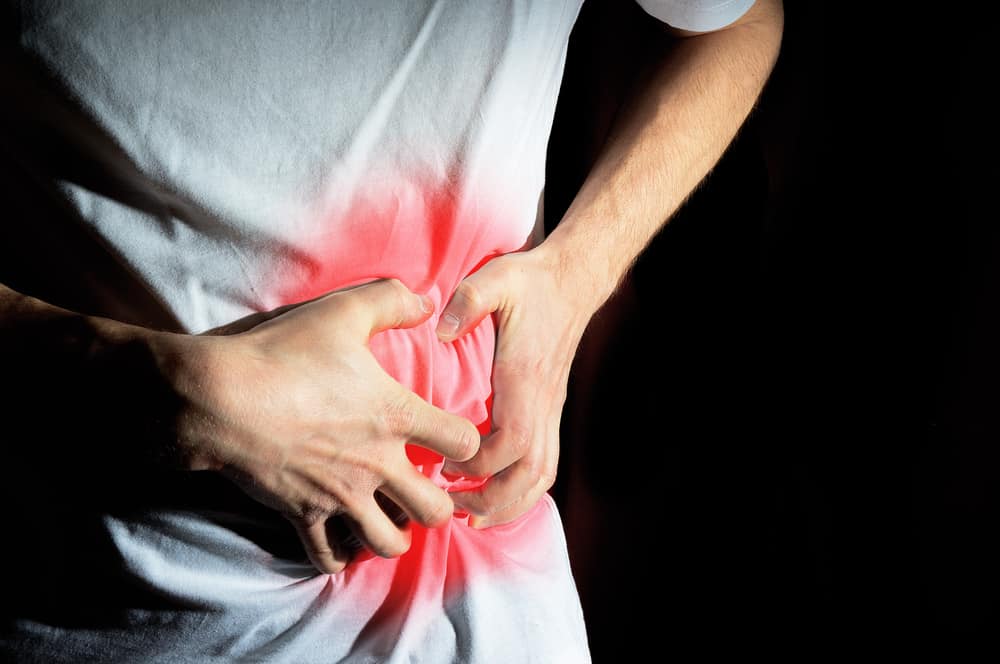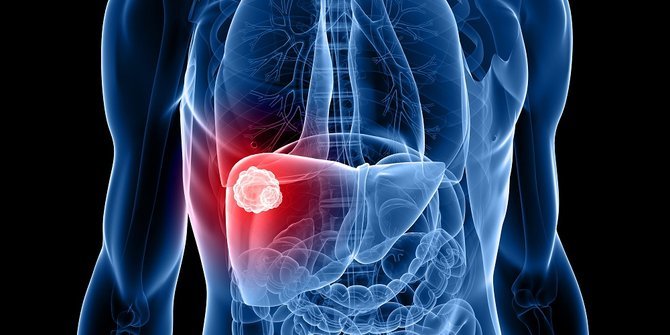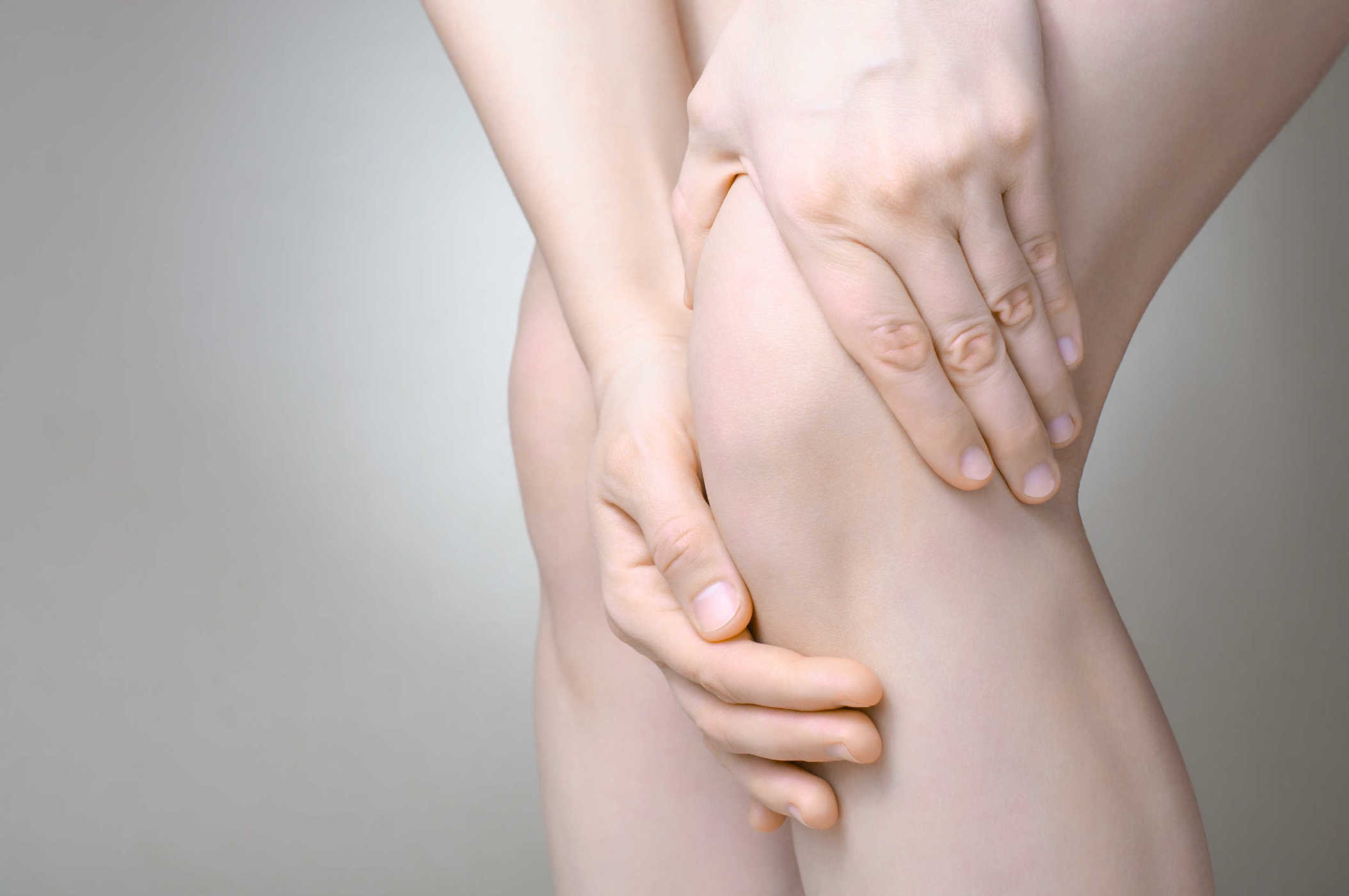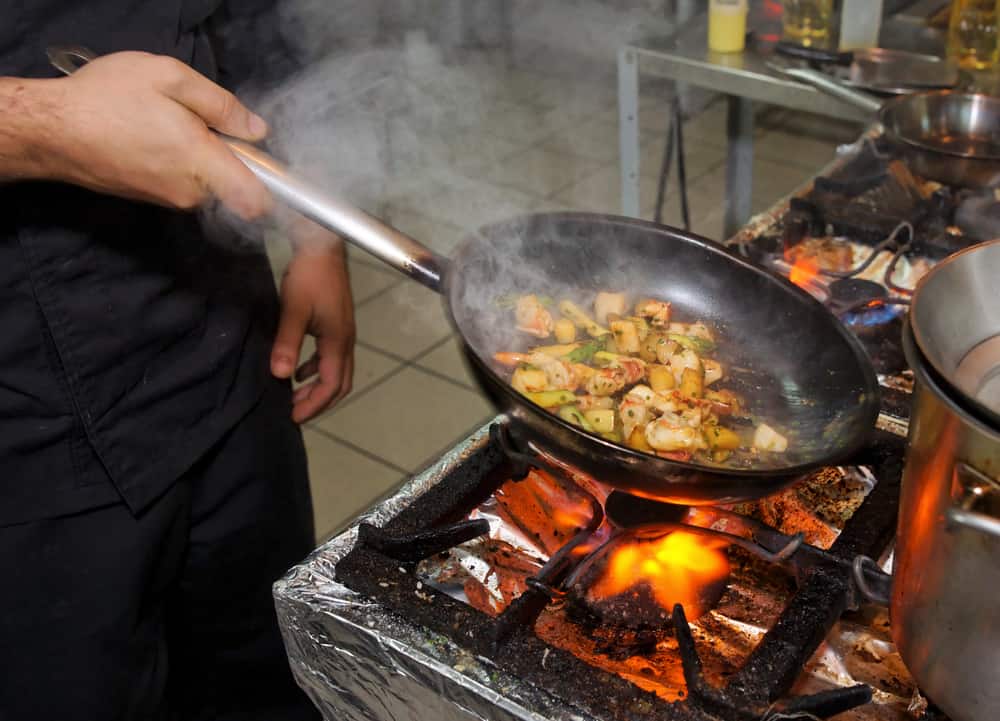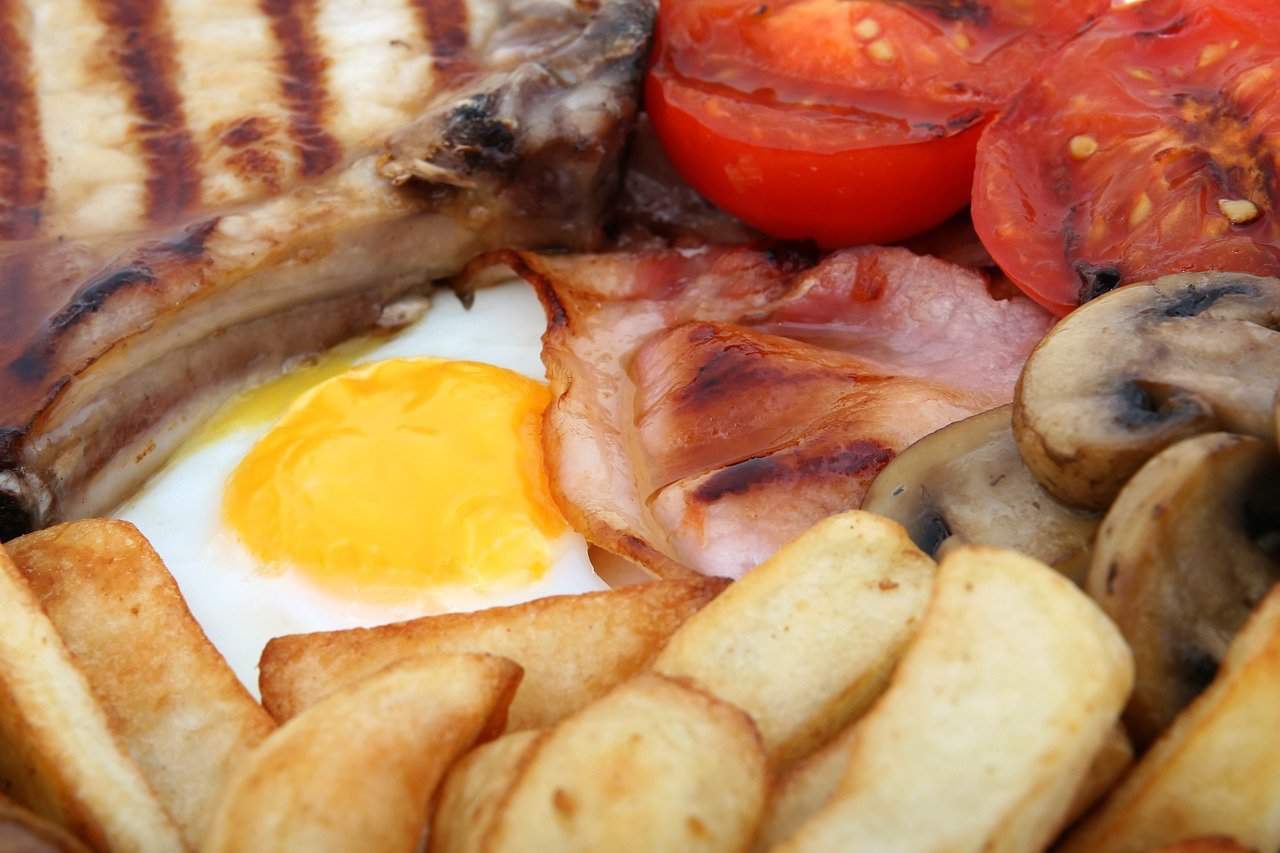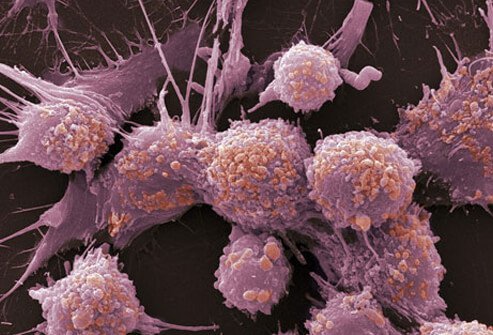Contents:
- Medical Video: Life without a stomach: Jim's story
- Can you live without the pancreas?
- Life without the pancreas and recovery process
- How long can humans survive without the pancreas?
Medical Video: Life without a stomach: Jim's story
The pancreas is an organ in the digestive system which is certainly important to maintain its health so as not to experience health problems. The body part of the pancreas extends starting at the upper left part of the abdomen and the part of the head attached to the duodenum (the right area of the abdomen).
The pancreas has two functions, namely exocrine and endocrine functions. Exocrine function to produce digestive enzymes that help digest food in the intestine. Endocrine function to produce hormones, one of which is insulin which helps reduce blood sugar in the body.
The pancreas can function properly if you take care of your health. Then what if you are faced with a condition that requires you to remove the pancreas for your health? Can someone survive without the pancreas?
Can you live without the pancreas?
The answer is yes, you can live without the pancreas, either after a partial or total surgical removal. Surgery to remove the entire pancreas is rarely done. However, this might be done if you have pancreatic cancer, chronic pancreatitis, or serious pancreatic damage due to injury.
You need to make adjustments to your next life if your pancreas has been removed. Your pancreas produces hormones that can control blood sugar and help your body digest food. After surgery, you should take medication to handle this function.
Life without the pancreas and recovery process
Surgery to remove the pancreas is called pancreatectomy. This operation can be partial, only removing the affected part of the pancreas. This operation can also remove the entire pancreas, which is commonly called total pancreatectomy. In surgery the removal of the entire pancreas will also remove several other organs such as the duodenum, spleen, gallbladder, part of the bile duct, and some lymph nodes near your pancreas.
After surgery, you will be treated for several weeks or depending on your condition. the days after surgery, you will undergo a liquid diet that is eating liquid food. Maybe you will feel pain in the former part of the operation and it takes several months for you to carry out activities as usual.
People who do not have pancreas in their bodies cannot naturally produce insulin. In addition, the body's ability to absorb nutrients from food is also reduced. Not infrequently people who live without the pancreas have a high risk of developing diabetes. Therefore, he needs injections of insulin and digestive enzymes every day of his life.
Your doctor may recommend eating a few small meals every day to avoid a surge in blood sugar. Avoiding alcohol consumption can also help maintain long-term health.
How long can humans survive without the pancreas?
Performing appropriate medical treatment and following a healthy lifestyle will increase your life expectancy after surgery for removal of the pancreas. One study found that the seven-year survival rate was 76 percent, if someone in a non-cancerous condition such as pancreatitis had surgery. However, for people with pancreatic cancer, the seven-year survival rate is 31 percent.

